Biennial of Thought 2020 presentation
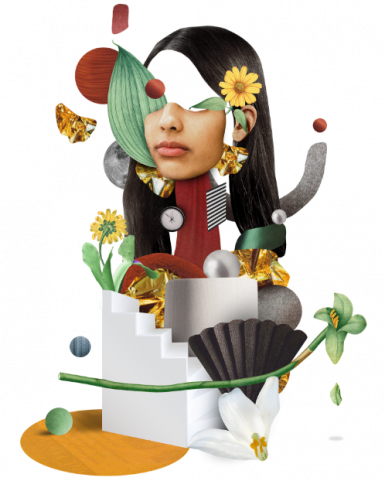
We live in changing times. The digital revolution, economic globalisation and scientific progress have come hand in hand with the realisation that the climate is facing a near irreversible deterioration, raising many questions about the future of work and the capacity to maintain social cohesion in an increasingly unequal environment. The recent pandemic only serves to strengthen these elements of change and transition.
We need to recover the capacity to plan futures that resolve the uncertainties brought about by life transitions, and the environmental, economic and social transitions the world is immersed in. And that resolve the unknown and grave threats to the viability of prevailing models of life.
In this second edition of the Open City Biennale, we want to open up debates on fundamental issues in as accessible a way as possible, making use of the city's public spaces and the network of organisations, facilities and groups interested in taking part. We are living in a world, in a country and in a city that are fully and intensely experiencing this series of transitions, and we need to make the most of any opportunities that present themselves to generate spaces for reflection and debate that help us to collectively tackle these challenges.
Futures, democracy, technology and city will be the foundation upon which we will construct a series of proposals aimed at all sectors of the public, using various languages and formats that enable everyone to have their say. We will hear voices from all over the world who, from different points of view and disciplines, will offer us reflections, diagnoses and, above all, proposals for solutions to the dilemmas we face. And we will hear you.
Because, between all of us, we will imagine, think about and build better futures.
More information
Itineraris de la Biennal de pensament
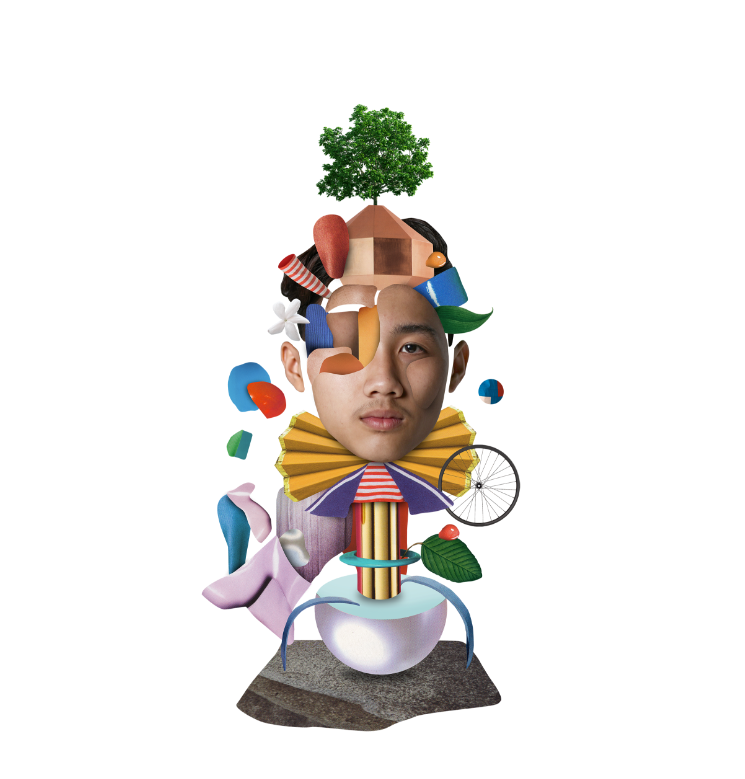
Let’s rethink our city
The city is a key stakeholder for our present and future societies. A place to live, move about and interact. A place to access services and foster security, health and inclusion.
We are becoming increasingly aware of the need to place life and people in all their diversity and complexity at the heart of the design of cities. To create cities that listen and observe attentively and empathetically and that earn people’s trust, understand them, and take care of them. That generate cooperation and community. A healthy and inclusive public space.
Consult all the programming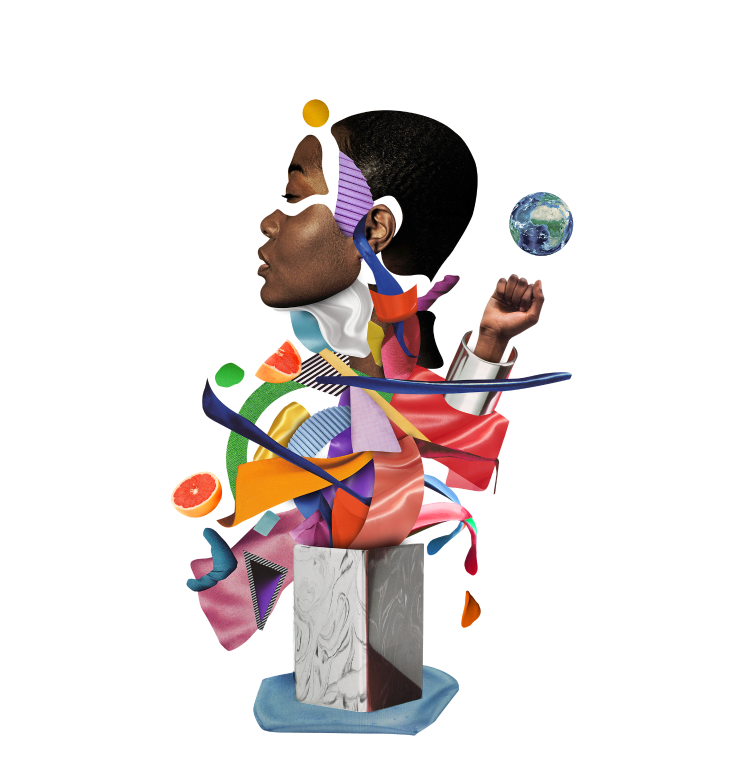
Democracy in the time of crisis
In recent years, democracy has undergone transformations that mean we must once again collectively reflect on its meaning and its future. The market economy, the rise of populisms - particularly those underpinning far right ideologies - and other political pathologies threaten our democratic institutions.
Our reflection needs to be placed within the context of an ecological and environmental transition that goes against short-term, electoral logic and generates the need to transform public awareness to meet this extraordinary challenge head on.
Consult the full programme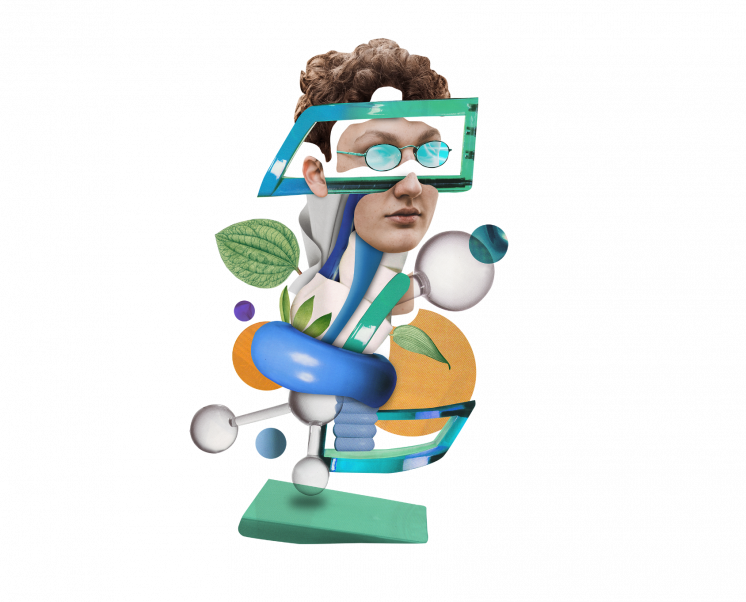
Technological metamorphosis
In the midst of the digital era, the world is shifting towards an increasingly global context defined by total commercial interdependence between countries and wireless human connectivity at a global level - social networks, 5G, Big Data, etc. - or open source data on an international scale.
Urban design must make a clear commitment to incorporating technological innovations when planning smart cities. It must also be willing to create a network of digital manufacturing facilities that drive the small and medium-scale production and distribution of everyday objects: fab cities.
Consult the full programme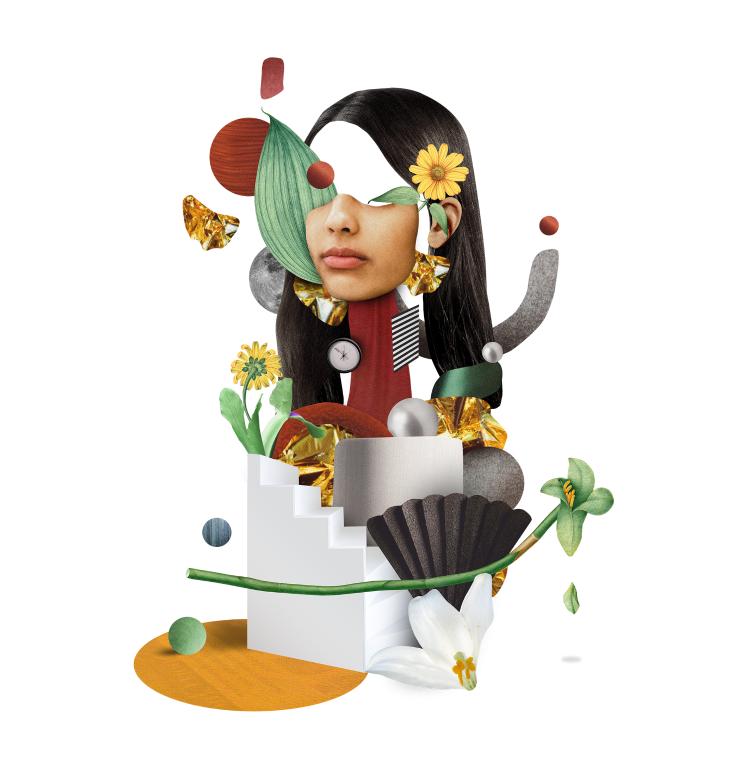
The challenges of the future
The Covid-19 crisis has brought life as we know it to an abrupt halt. The collapse caused by the pandemic has plunged us into a state of uncertainty where fear of loss of rights and freedoms and the proliferation of authoritarian measures seem to lead us to the same place: the negation of the future.
However, the situation is also an opportunity to bring about profound change and can reveal the limitations of a way of life that has now been disrupted forever. What could come out of this crisis? What new utopias, what new words do we need to make sense of and co-create the world that is now emerging?
Consult the full programme

